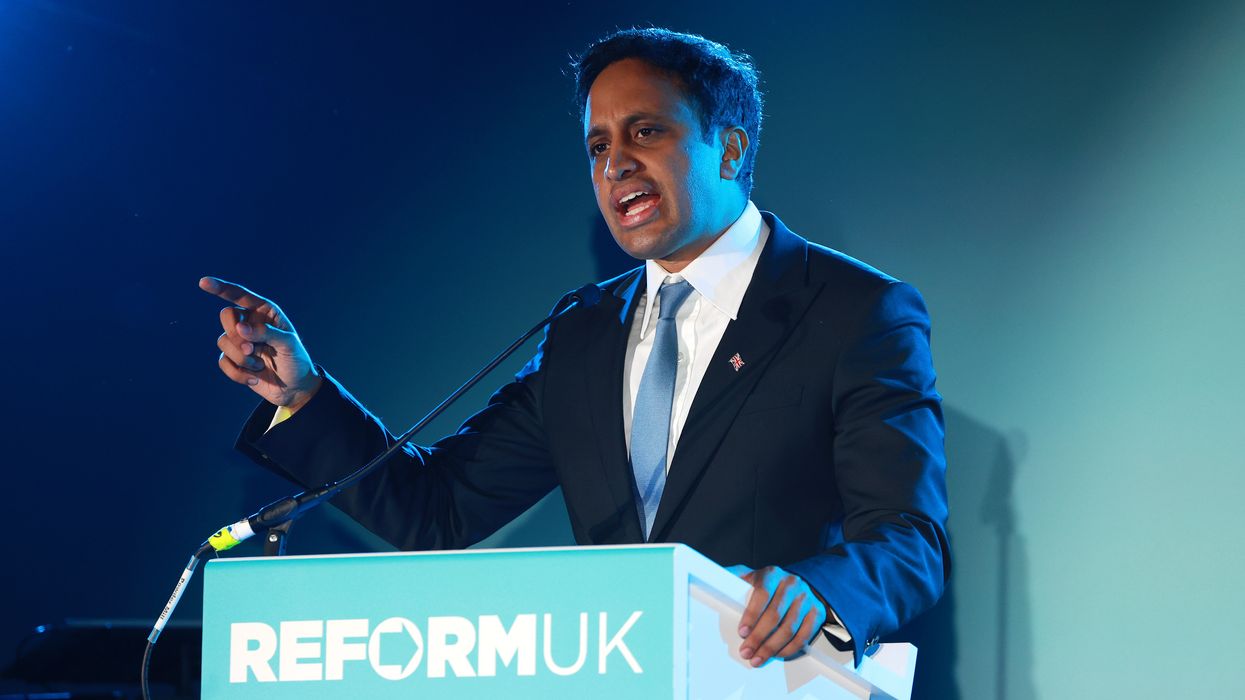A Pakistani man who murdered his celebrity sister was freed on Saturday after a court ruled it was not an "honour killing", allowing their mother to pardon him, lawyers said.
Qandeel Baloch was strangled to death in 2016 by her brother Muhammad Waseem, who described her suggestive behaviour on social media as "intolerable".
In response to public outrage, Pakistan passed legislation supposedly closing a legal loophole that allowed family members to forgive those behind so-called "honour killings", imposing a mandatory life sentence instead.
But after less than six years in prison, an appeal judge ruled that Baloch's murder could not be defined as a crime of honour, dismissing his confession.
In line with Pakistan's other laws on murder, the mother was allowed to grant his freedom.
"Waseem has been released from the prison in compliance with the order of honorable Lahore High Court," his lawyer Sardar Mehboob told AFP.
"He is a free man now," he added.
Waseem, 38, was released from jail in the eastern city of Multan after being acquitted on Monday.
Maleeka Bokhari a woman parliamentarian said the government was "undertaking a review of legal options" against the acquittal.
Earlier Pakistan’s information minister Fawad Chaudhry had said the government will challenge the verdict at Pakistan’s top court.
"We as a nation should be ashamed of such (legal) system," Chaudhry said on Twitter.
Baloch became famous for her flirty and defiant posts which flew in the face of the nation's deeply patriarchal mores.
Waseem was arrested immediately after her death and later sentenced to life in prison for strangling her -- brazenly telling the media he had no remorse.
The case became the most high profile "honour killing" of recent years -- where women are dealt lethal punishment by male relatives for purportedly bringing "shame" to the reputation of a family.
The court's verdict published on Friday said had been "acquitted from the case on the basis of compromise", saying a confession from the killer "cannot be considered more than a piece of paper".
In Baloch's case, her parents initially insisted their son would be given no absolution, but they later changed their minds and said they wanted him to be forgiven.
A lawyer for the mother said she had given "her consent" to pardon him, according to her lawyer Safdar Shah on Monday.












